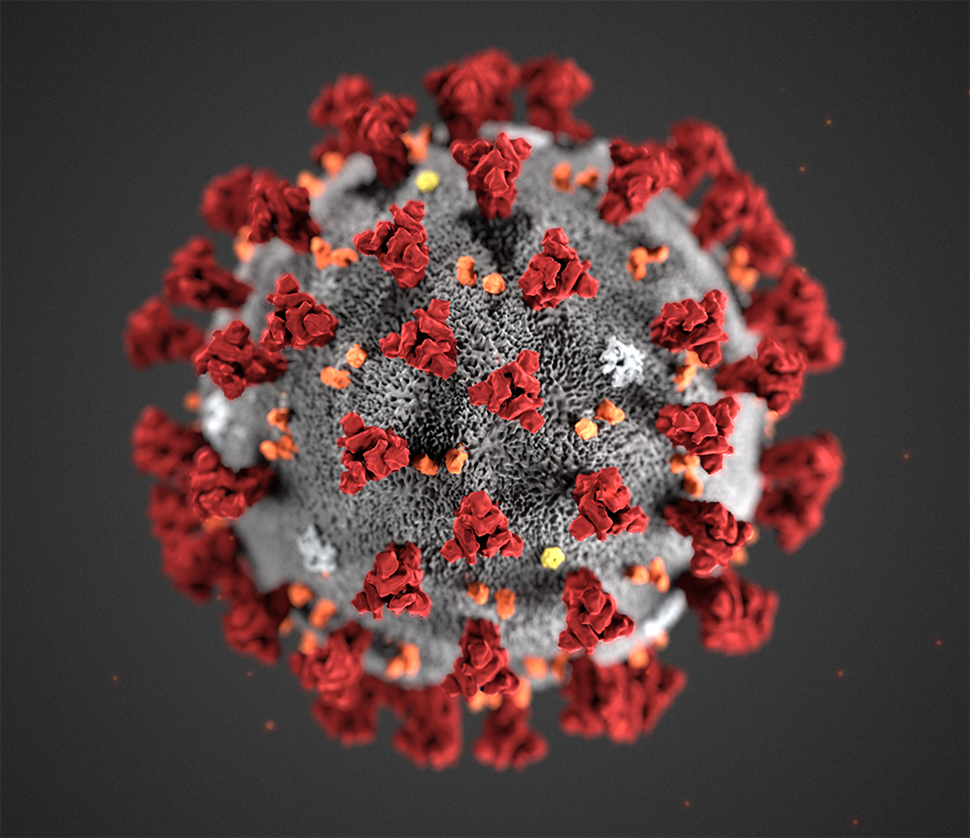Global challenges: Health, migration and equity
The aim of ECTMIH is to provide an arena for scientists, experts, policy makers and practitioners to share research, ideas, developments and breakthroughs in the field of global health. The main objective of ECTMIH 2021 is to explore global challenges in health, migration and equity. Through plenaries, scientific sessions, workshops, and symposium this year’s conference will focus on the tracks listed below.
Track 1. Migration, climate and health
In this track, conference delegates are invited to present and discuss their recent research on migration and/or climate related to health. We understand health in a holistic way, including mental and somatic, within a “health in all policies” framework. We hope to bring together researchers from various backgrounds and disciplines – including natural and social sciences, medicine, psychology, and law – for interdisciplinary discussions of key challenges. Research projects presenting evaluation of interventions to improve health for all are especially welcome.
Responsible: Esperanza Diaz, Kårstein Måseide
Track 2. HIV, TB and hepatitis
In this track, conference delegates present and discuss their recent research on prevention, diagnostics, and treatment of HIV, tuberculosis and hepatitis. This is also the place for interdisciplinary discussions, bringing together natural, social, and medical sciences.
Responsible: Thorkild Tylleskär, Tehmina Mustafa, Lars Thore Fadnes
Track 3. Malaria, parasitic, vector-borne and neglected tropical infectious diseases
Malaria, leishmaniasis, schistosomiasis and cryptosporidiosis are diseases on an extensive list of parasitic infections disproportionally affecting tropical countries. Likewise vector-borne diseases like dengue fever, filariasis and typhus and other neglected tropical infectious diseases are still important global health challenges. In this track we invite conference delegates to present and discuss their recent research on prevention, diagnostics, and treatment of all parasitic, vector borne and neglected tropical infections, and encourage interdisciplinary discussions on how their detrimental effect on human health can be mitigated.
Responsible: Kurt Hanevik, Kristine Mørch
Track 4. OneHealth, antimicrobial resistance, water and sanitation
The track will discuss health implication of safe water and sanitation. The implications for antimicrobial resistance and One Health will be focused. Safe managed drinking water, sanitation and wastewater treatment are still lacking in many parts of the world and open defecation is still practiced by millions of people and presents a serious health hazard. The track welcomes interdisciplinary discussions and presentations.
Responsible: Tore Sætersdal, Harleen Grewal, Carlos Goncale des Neves
Track 5. Building strong health systems to achieve UHC: the role of rights, governance, technology and priority setting
Conference delegates in this track focus on health systems, including their role in advancing Universal Health Coverage (UHC). This includes governance and social participation, rights-based approaches, processes and technical solutions for identifying high priority services in essential health care packages, and the use of technology to strengthen health systems. The track invites contributions from all disciplines, recognizing the role of the social sciences, ethics, law and the humanities in this field and how they intersect with epidemiology, health economics, health systems and policy research and health services research
Responsible: Ana Lorena Ruano, Siri Gloppen, Kjell Arne Johansson
Track 6. Nutrition, NCD’s, oral health
During this track, conference participants will present and discuss topics with relevance to nutrition, non-communicable diseases, oral health, and mental health with relevance for low- and middle-income countries. We will engage in multidisciplinary discussions and include joint challenges and interconnectedness between the topic areas. Basic clinical, qualitative, and quantitative research, implementation science and research with relevance for the lifespan is encouraged.
Responsible: Ingunn Engebretsen, Nancy Birungi, Eva Gerdts, Anne Hatløy
Track 7. Mental health and health promotion
During this track, conference participants will present and discuss topics with relevance to mental health, addiction and health promotion. We will engage in multidisciplinary discussions and include joint challenges and interconnection between the topic areas. Basic clinical, qualitative, and quantitative research, implementation science and research with relevance for the lifespan is encouraged.
Responsible: Ragnhild Dybdahl, Lars Lien, Wenche Dageid
Track 8. Disasters, accidents, injuries, global surgery and rehabilitation
Injuries, disability and death caused by violence, traffic and occupational hazards are an increasing problem globally. WHO has estimated that trauma kills more people than AIDS, TBC and Malaria together, and that the burden of disability is escalating. Injury prevention, surgery and rehabilitation have long been neglected fields, and radical policymaking and resource allocation are needed to reach universal health coverage. We invite you to present your recent research on injuries and discuss the continuum-of-care, from intersectoral injury- and disability prevention, to the urgency of strengthening global surgical and rehabilitation capacity and -systems.
Responsible: Morten Lund Johansen, Håkon Bolkan, Graziella Van den Bergh
Track 9. Sexual, reproductive and child health and rights
In this track, conference delegates present and discuss their recent research on prevention and treatment of maternal, child and sexual and reproductive health problems. There will be interdisciplinary discussions, bringing together social, medical, and legal sciences.
Responsible: Ingvild F. Sandøy, Karen Marie Moland
Track 10. Taking stock of the Coronavirus pandemic
 In this track we invite you to present the newest research on the Coronavirus pandemic. This includes presentations and discussion on SARS-CoV-2, Covid-19, vaccines, treatment, diagnosis, prevention and control strategies, public health and social and economic impacts.
In this track we invite you to present the newest research on the Coronavirus pandemic. This includes presentations and discussion on SARS-CoV-2, Covid-19, vaccines, treatment, diagnosis, prevention and control strategies, public health and social and economic impacts.
Responsible: Thorkild Tylleskär, Rebecca Cox, Hans Flaatten, Carlos G. des Neves, Lise Rakner, Siri Gloppen and Stig Tollefsen Head of strategic science at CEPI – The Coalition of Epidemic Preparedness Innovations